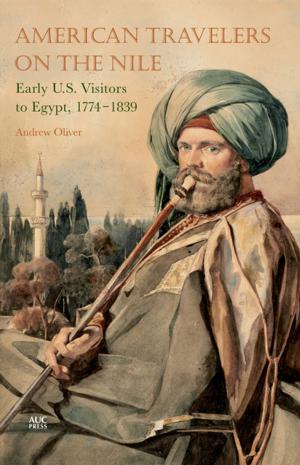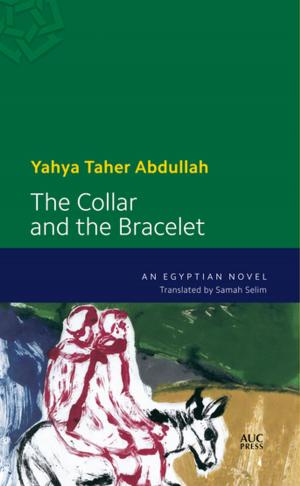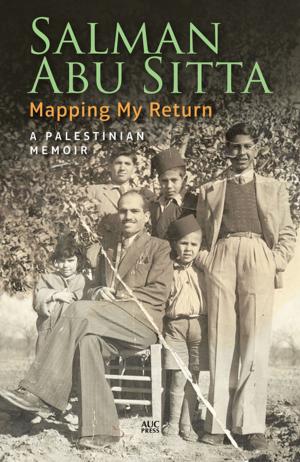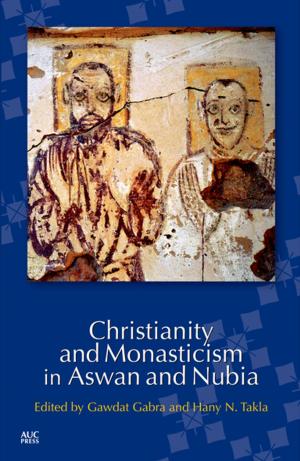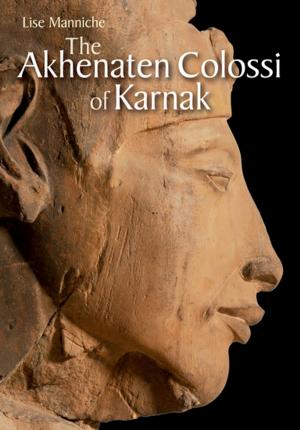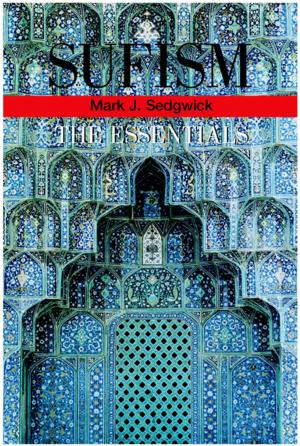Landlocked Islands: Two Alien Lives in Egypt
Two Alien Lives in Egypt
Biography & Memoir, Historical, Nonfiction, Social & Cultural Studies, Social Science| Author: | Anna Cachia, Pierre Cachia | ISBN: | 9781617972355 |
| Publisher: | The American University in Cairo Press | Publication: | January 1, 2000 |
| Imprint: | The American University in Cairo Press | Language: | English |
| Author: | Anna Cachia, Pierre Cachia |
| ISBN: | 9781617972355 |
| Publisher: | The American University in Cairo Press |
| Publication: | January 1, 2000 |
| Imprint: | The American University in Cairo Press |
| Language: | English |
This is a highly unusual and beautifully written book. It is the double memoir of a mother and son, Anna and Pierre, and the story takes us from Anna's childhood in Russia and subsequent arrival in Egypt in 1901 to Pierre's enrollment at the American University in Cairo in the late 1930s. It is fascinating, therefore, not only as a personal account of an interesting group of people but also as a social document that portrays a segment of Egypt's society in the first forty years of the twentieth century. As a personal story, it is a rewarding insight into the early formation of a leading, well-known, and respected Arabist. His mother's account of her own early life and tragedies reveals a remarkable woman we would wish to have known. As a social document, it gives us a rare perhaps unique picture of the life of foreigners in Egypt who were not part of the elite, privileged, ruling class, revealing much about the choices that were available to them in education, career, marriage, and social mixing. Landlocked Islands thus offers the social historian a study of some minorities in Egypt during the first half of the twentieth century; it also opens up the whole question of expatriate life in Egypt. But, above all, it is an entertaining and intriguing tale, a book that one constantly finds oneself eager to pick up and read.
This is a highly unusual and beautifully written book. It is the double memoir of a mother and son, Anna and Pierre, and the story takes us from Anna's childhood in Russia and subsequent arrival in Egypt in 1901 to Pierre's enrollment at the American University in Cairo in the late 1930s. It is fascinating, therefore, not only as a personal account of an interesting group of people but also as a social document that portrays a segment of Egypt's society in the first forty years of the twentieth century. As a personal story, it is a rewarding insight into the early formation of a leading, well-known, and respected Arabist. His mother's account of her own early life and tragedies reveals a remarkable woman we would wish to have known. As a social document, it gives us a rare perhaps unique picture of the life of foreigners in Egypt who were not part of the elite, privileged, ruling class, revealing much about the choices that were available to them in education, career, marriage, and social mixing. Landlocked Islands thus offers the social historian a study of some minorities in Egypt during the first half of the twentieth century; it also opens up the whole question of expatriate life in Egypt. But, above all, it is an entertaining and intriguing tale, a book that one constantly finds oneself eager to pick up and read.

